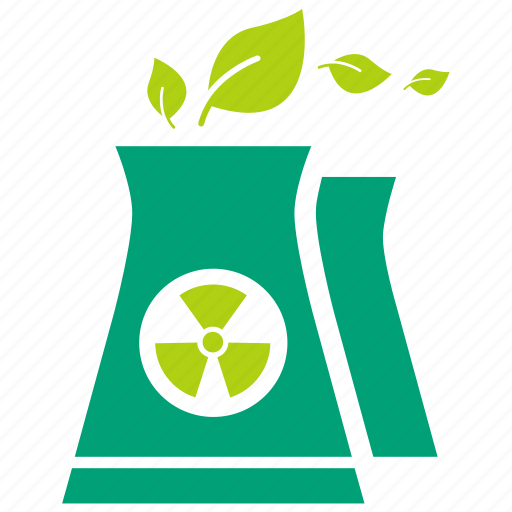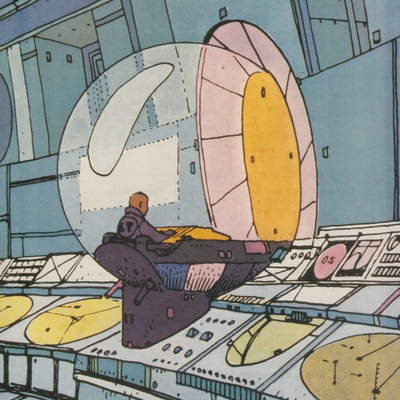Deliveries of natural uranium and other nuclear services to the EU, including imports from Russia, increased in 2023 as utilities continued to diversify their sources of nuclear fuel. But there are still supply chain challenges to face, according to the latest annual report from the Euratom Supply Agency (ESA).
The 2023 report shows significant progress in the security of supply for VVER reactors for most countries, ESA Director-General Michael Hübel said in his foreword. It also shows important challenges ahead, notably in relation to diversification in conversion and enrichment services. Inventory levels of nuclear materials have risen, but the supply of medical radioisotopes remains a concern mainly due to reliance on foreign supplies of their source materials, particularly from Russia.
Nuclear power accounted for around 23% of the EU’s total electricity generation in 2023, and the bloc’s demand for natural uranium accounts for about 22% of global needs.
Deliveries of natural uranium and other nuclear services increased in 2023, with the majority of natural uranium delivered to EU utilities coming from Canada, Russia, Kazakhstan and Niger. Canada was the leading supplier at 4801 tU, accounting for nearly 33% of 2023 deliveries, up over 86% on 2022.
Russia was the second largest supplier to EU utilities, supplying 3419 tU - just over 23% of total deliveries and nearly 73% higher year-on-year. But this increase should not be read as an indication of a trend or heightened EU dependency on Russian supplies, the Agency said. Since 2022 “almost all” EU operators of Russian-designed VVER nuclear reactors have been working to diversify their fuel supply, it said, and some utilities operating VVERs have been building stockpiles of fresh fuel to cover the period until alternative fuels - including related plant adaptations - are completed and licensed.
Securing supplies
The ESA said it has “long recommended” that EU utilities maintain sufficient strategic inventories and use market opportunities to increase their stocks, and it noted that the overall EU inventory level increased by 5.45% in 2023. “All utilities have nuclear material in their inventory to cover between one to more than three reloads each, with the vast majority covered for more than two reloads. More than 60% of the inventory is kept in the form of enriched uranium or fresh fuel … The ESA considers that most utilities’ inventories remain at a healthy level,” the report notes.
But further efforts are needed by “interested Member States” to develop reliable supply chains to meet the growing demand for nuclear and new nuclear technologies to achieve climate goals while maintaining energy sovereignty, it says. The Euratom community “would benefit from a coordinated approach to strategic stockpiling for emergency situations”, to ensure a coordinated response to supply chain disruptions and minimise the impact on EU utilities and users.
It also calls for “clear political and policy decisions” at both EU and Member State level both to support industry investment in vulnerable areas of the supply chain, particularly for conversion and enrichment capacities, and to tackle future HALEU (high-assay low-enriched uranium) supply vulnerabilities, as well as a coordinated approach to streamline the licensing process for innovative reactor fuels designs.
Hübel said: “For the second year, ESA had to mobilise and concentrate our resources on crisis management. The arrival of new market actors and the emergence of new technologies means that new supply chains will be developed. In the coming years, ESA will have to be prepared to support a range of new partners, handle an increasing number of transactions and be able to analyse and report on market developments in a more dynamic way.”
The ESA’s mission is to maintain regular and equitable supply of nuclear materials for all users in the European Atomic Energy Community, with the security of supply of nuclear materials, particularly nuclear fuel, for power and non-power uses, by means of a common supply policy, as its strategic objective.
Germany continues to insist on the supremacy of EU over national law even in areas not explicitly covered by the Treaties of the European Communities. So why (I ask for the umpteenth time) has the Euratom Supply Agency not demanded that Germany turn over all spent nuclear fuel for reprocessing, regardless of German law prohibiting this?


-Cameco.jpg?ext=.jpg)
